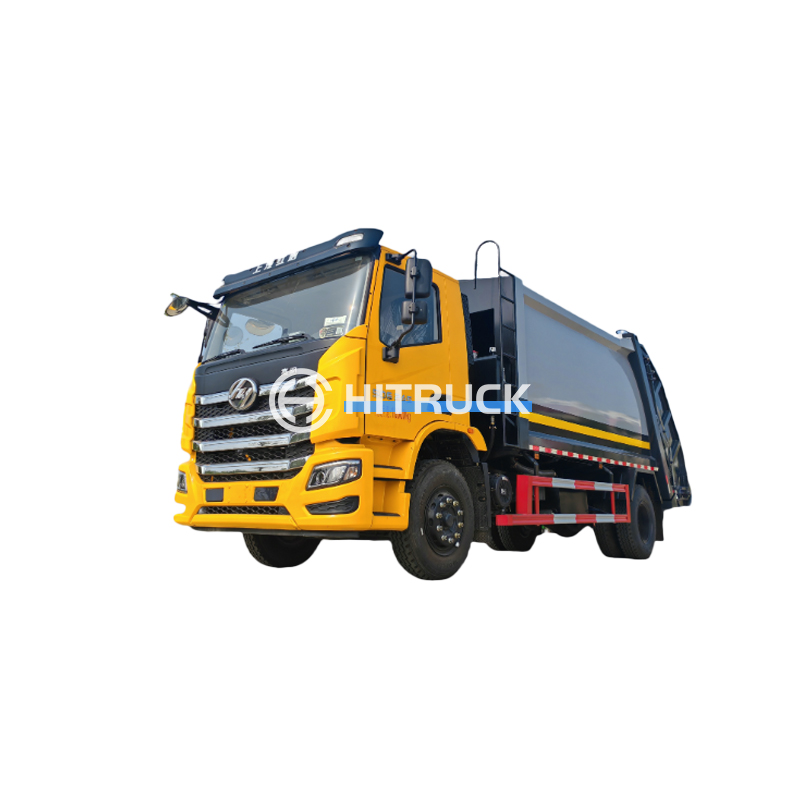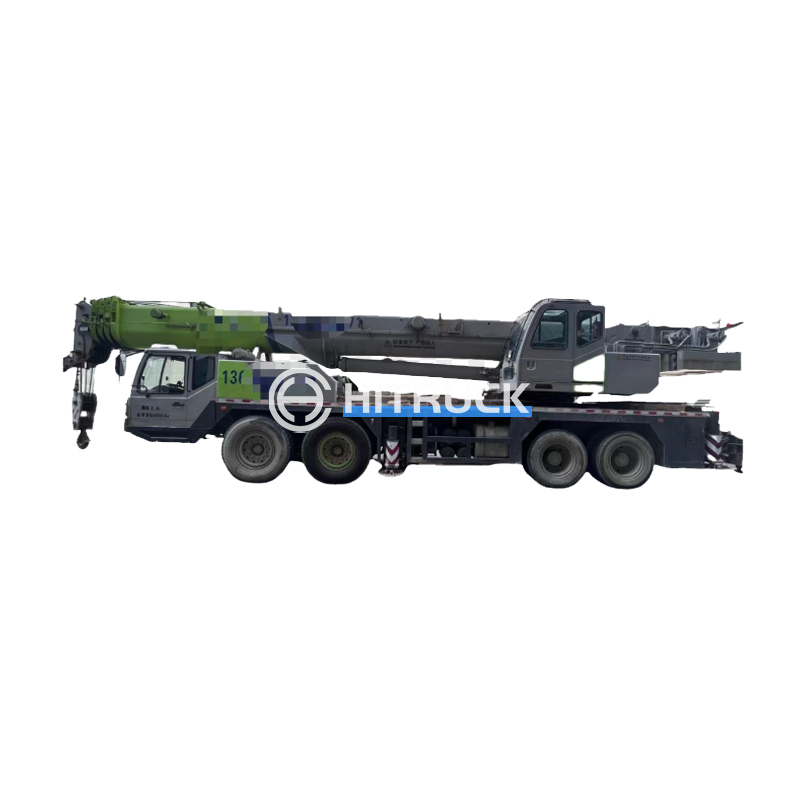This guide provides comprehensive information on selecting the ideal potable water tanker for various applications. We’ll cover key considerations like capacity, material, features, and maintenance, ensuring you make an informed decision. Learn about different types of tankers, regulations, and where to find reputable suppliers, ultimately helping you secure a reliable solution for your water transportation needs.
Potable water tankers come in a wide range of sizes, from smaller units for localized distribution to massive tankers for large-scale projects. The capacity you need will depend entirely on your specific application. Consider daily water requirements, delivery distances, and the number of service points you need to supply. For example, a smaller municipality might utilize a 5,000-gallon potable water tanker, while a large-scale construction site could require a significantly larger model.
The material of your potable water tanker is crucial for maintaining water quality and longevity. Stainless steel is a popular choice due to its durability, resistance to corrosion, and ease of cleaning, ensuring the potable water remains safe. However, other materials like polyethylene are sometimes used, offering lighter weight but potentially lower durability. Choosing the right material requires balancing cost, durability, and the specific demands of your application.
Modern potable water tankers often include features designed to enhance safety, efficiency, and water quality. These can include features like pressure gauges, flow meters, filling and discharge valves, and even advanced filtration systems. Some tankers may also include compartments for added storage or specialized pumps for efficient water delivery. Consider which features are essential for your specific needs and budget.
It's crucial to ensure your chosen potable water tanker complies with all relevant local, state, and federal regulations concerning the transportation and storage of potable water. These regulations often cover aspects like material safety, hygiene standards, and vehicle licensing. Failure to comply can lead to significant fines and legal issues.
Regular maintenance is key to extending the lifespan and ensuring the safety of your potable water tanker. Factor in costs for cleaning, repairs, and potential replacements of parts. Consider the fuel efficiency of the vehicle, as this will significantly impact your operational expenses over time.
Selecting a trusted supplier is paramount. Research potential suppliers thoroughly, checking their reputation, experience with potable water tankers, and customer reviews. A reputable supplier will offer support, maintenance services, and readily available parts.
Numerous companies specialize in the sale and rental of potable water tankers. Online searches can help you identify suppliers in your area. You can also explore industry directories and trade shows for more options. Remember to compare quotes and features before making a final decision. For high-quality potable water tankers, consider contacting Suizhou Haicang Automobile sales Co., LTD. Visit their website at https://www.hitruckmall.com/ to learn more about their offerings.
Selecting the appropriate potable water tanker involves careful consideration of various factors. Prioritize capacity, material, features, and compliance with regulations. Thorough research and choosing a reputable supplier are crucial steps in ensuring a safe and reliable solution for your water transportation needs. Remember to factor in maintenance costs and operational efficiency into your decision-making process. By following these guidelines, you can confidently choose the perfect potable water tanker for your unique requirements.
| Feature | Stainless Steel Tanker | Polyethylene Tanker |
|---|---|---|
| Durability | High | Moderate |
| Corrosion Resistance | Excellent | Good |
| Weight | Heavy | Light |
| Cost | Higher | Lower |












